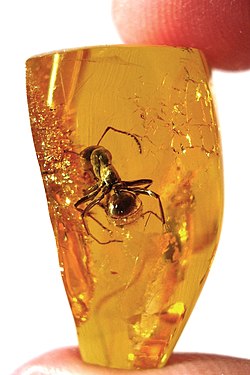Roboton
We need a new word in English: "roboton"
The reason I thought of this is because it reflects my reaction to the constant, mindless, monotonous repetition of Chinese government spokespersons with ready-made responses to any should-be difficult questions that may be put to them. For example, "China maintains a position of strict neutrality in the Ukraine crisis and never does anything contrary to international law" (or words to that effect), as Mme. Mao Ning (Director of the Foreign Ministry Information Department of China) has said so many times.
Read the rest of this entry »


